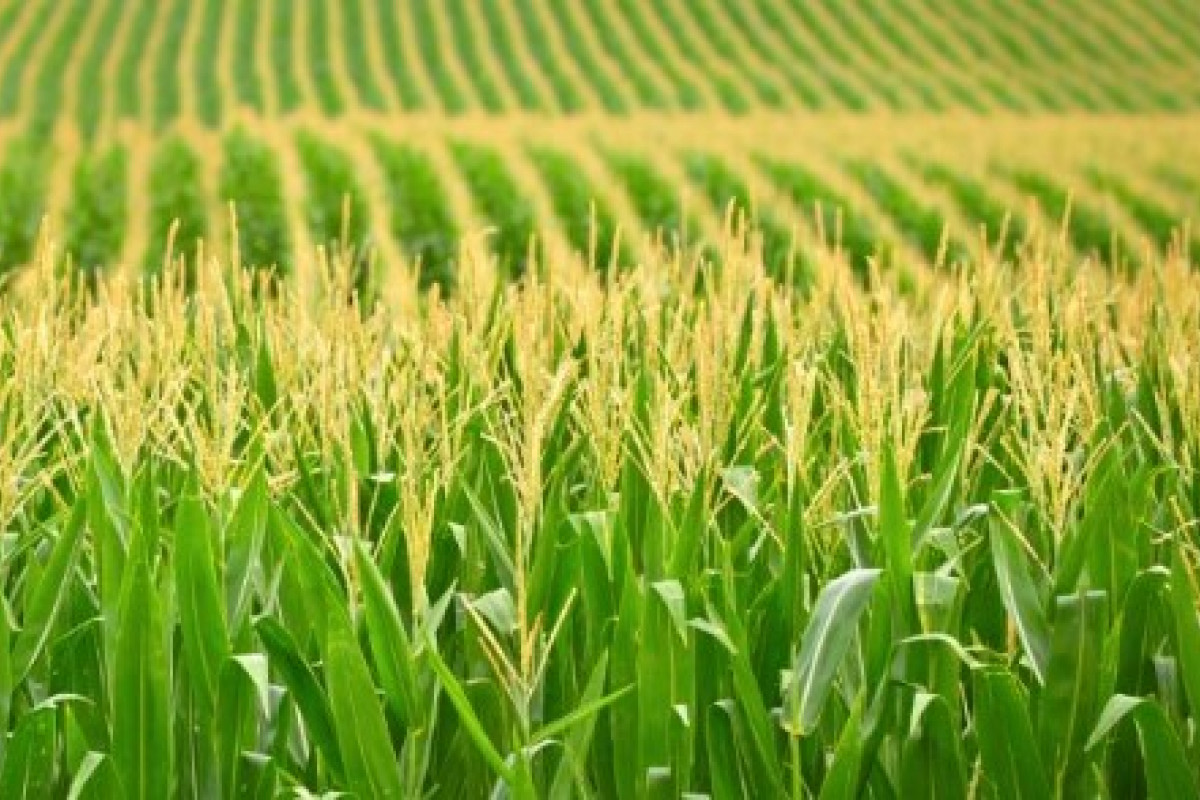Despite recent official assurances that all overdue grain payments for the cropping season 2023/24 would have been paid by the end of last month, April 2024, wheat farmers in some regions of Zimbabwe are grumbling.
The farmers grew their wheat in winter last year and delivered the wheat to GMB in October with the exception of getting paid instantly, but only the local currency which was 25% of the total amount was paid though it had already hyperinflated by 1000%. In order for the wheat farmers to begin wheat farming this year, they need to pay the remaining 75% of the total price levied, which is said to be paid in USD.
Wheat farmers will be financially strained by these late payments since they will find it difficult to cover operating costs such as labor, fertilizer, and seeds. As a result, farmers will be obliged to restrict production if they are not paid on time. Due to these late payments, wheat farmers are losing the value of their grain, which is disrupting their plans for the upcoming season(2024/25) and leading to the production of low-quality wheat.
Some wheat farmers have failed to prepare and participate in the ongoing winter wheat cropping season (2024/25)due to the government`s failure to pay them for wheat delivered last season (2023/24). This will likely impact negatively on the Government’s target of putting 120 000 hectares under winter wheat this season from which 600 000 tonnes are expected.
Statistics from the previous season (2023/24) show that Zimbabwe harvested 634,699 tons of maize, much less than the minimum required 1.8 million tonnes. El Nino is predicted to cause Zimbabwe's maize production to decrease this year as opposed to 634,699 tonnes last year. Food security would be threatened by this shortfall because, per Zimbabwean statistics, the country's 16 million people need roughly 1.8 million tones of staple grains each year for human use.
Having shortage of grain to feed the population will then lead to food insecurity making it difficult for people to access adequate food particularly the poor and the vulnerable thus leading to malnutrition especially among children, pregnant women and the elderly causing health problems. Scarcity or shortage of grain will also cause price increases making it difficult for consumers to afford staple foods and in worst scenarios grain rationing may be implemented, limiting the amount of food available to individuals.
The table below show that there was a 77% decrease in food crops production compared to last season 2022/23.
|
Crop |
2023/24 (MT) |
2022/23 (MT) |
2021/22 (MT) |
% Growth (compared to last season) |
|
Maize |
634,699 |
2,298,281 |
1,453,031 |
-72 |
|
Sorghum |
82,063 |
191,125 |
144,633 |
-57 |
|
Pearl Millet |
23,439 |
71,221 |
44,143 |
-67 |
|
Finger Millet |
4,070, |
18,610 |
5,320 |
-78 |
|
Groundnut |
4,971 |
214,145 |
98,765 |
-98 |
|
Round nut/Bambara nut |
19,029 |
62,159 |
18,718 |
-69 |
|
Sweet Potato |
10,941 |
276,784 |
207,529 |
-96 |
|
Sugar Beans |
15,042 |
31,274 |
25,388 |
-52 |
|
African Pear |
49,507 |
34,462 |
14,884 |
44 |
|
Total |
843,761 |
3,198,061 |
2,012,411 |
-77 |

